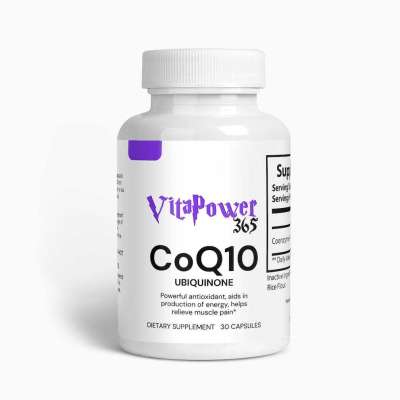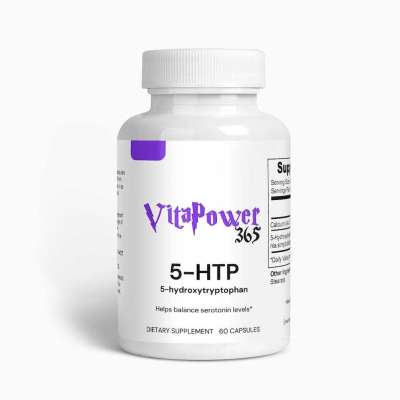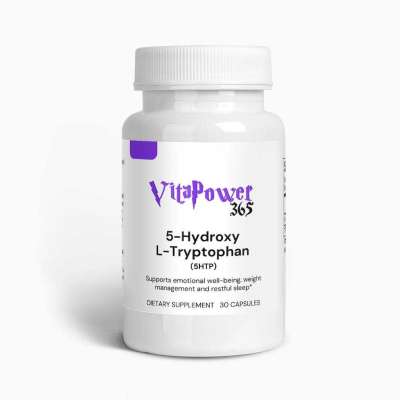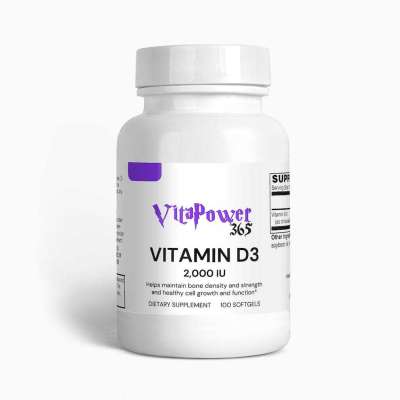Economic Burden of Cancer and the Role of CDK 7 Inhibitors in Cost Reduction
The economic burden of cancer is immense, impacting healthcare systems worldwide. In 2020 alone, the global economic cost of cancer was estimated at over $1 trillion, and these costs are expected to increase as cancer incidence rises. CDK 7 inhibitors, while currently expensive, may play a role in reducing this financial burden by offering more effective and targeted treatments.
The cost of cancer treatment includes direct medical costs such as hospital stays, surgeries, chemotherapy, and radiation therapy, as well as indirect costs related to lost productivity and long-term care. Traditional cancer therapies, such as chemotherapy, are often costly and can result in significant side effects, leading to prolonged treatment periods and increased hospital visits. CDK 7 inhibitors, by targeting specific molecular pathways involved in cancer cell proliferation, offer a more precise approach, potentially reducing the need for intensive, generalized treatments like chemotherapy.
Furthermore, CDK 7 inhibitors have shown promise in enhancing the effectiveness of existing treatments, potentially shortening the duration of therapy and reducing the number of hospitalizations required. For example, by combining CDK 7 inhibitors with immune checkpoint inhibitors, cancer cells may be more susceptible to immune system recognition and elimination, improving the overall response rate and decreasing the chances of relapse. This can ultimately reduce the overall treatment cost by decreasing the need for additional therapies.
In addition, the ability of CDK 7 inhibitors to treat cancers that are otherwise resistant to conventional therapies could reduce the need for multiple lines of treatment, further lowering healthcare costs. By providing a more targeted and effective approach to cancer treatment, CDK 7 inhibitors hold the potential to not only improve patient outcomes but also reduce the overall financial burden of cancer care.
In conclusion, while the initial cost of CDK 7 inhibitors may be high, their potential to improve treatment outcomes and reduce the need for costly, prolonged therapies could contribute to a reduction in the overall economic burden of cancer.
Gefällt mir
Kommentar
Teilen











